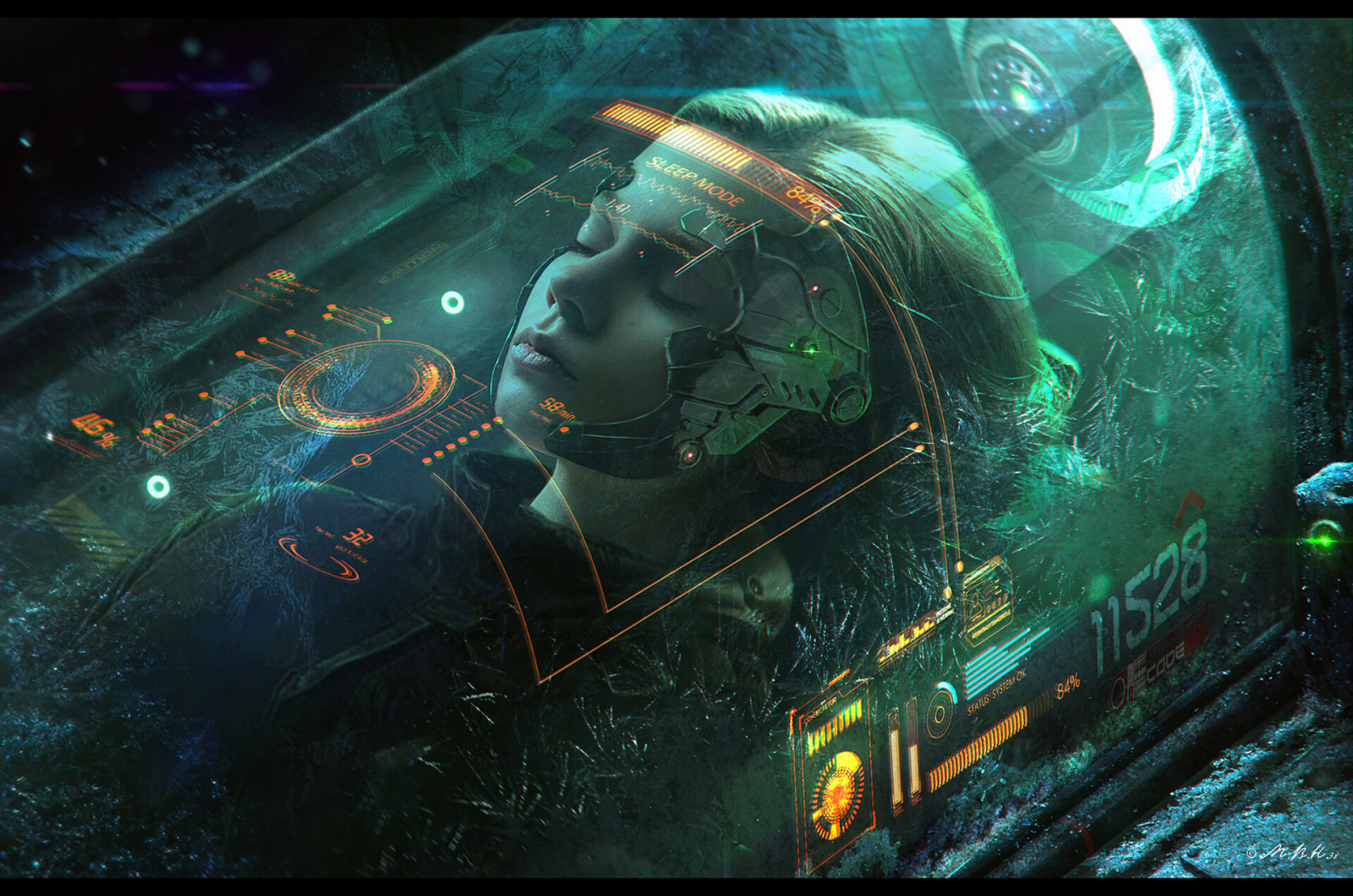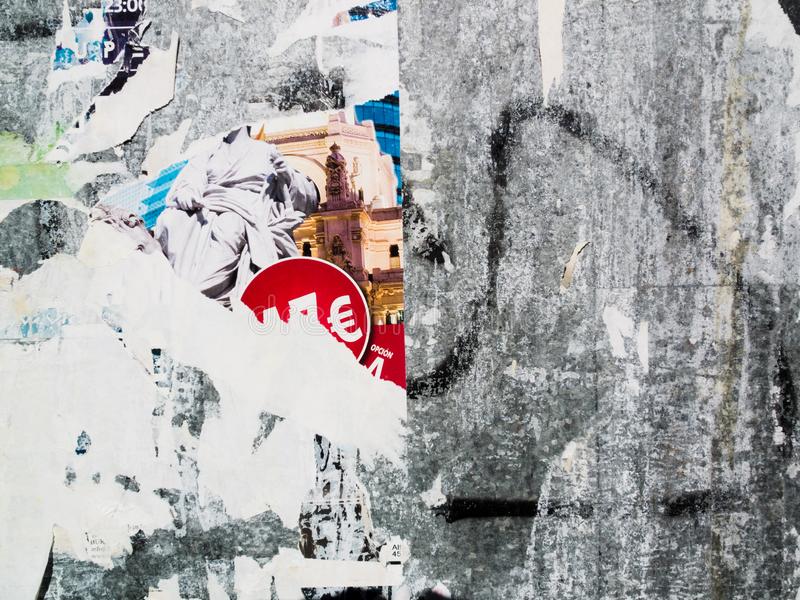Positive therapy is where we say (or assume) that we can obtain mental health (or freedom from mental restriction and suffering) deliberately, in a rational and purposeful way. There is a goal, and there are steps by which we can get to that goal. Positive therapy is easy to understand and – for most of us – it is the only type of psychological therapy that we will ever hear of.
Negative therapy, on the other hand, is where we realise (and it is always a realisation, rather than something that is coming out of a theory or model that we have learned) that we cannot deliberately move towards a state of improved mental health (which we can take as being the same thing as ‘increased mental freedom’). Our nature as ‘condition selves’ (which is to say, as ‘the mind-created sense of self’) is such that we could only ever move away from freedom – all purposes take us away from freedom. Controlling always takes us away from freedom. Our ‘cover story’ is that we are working towards an improvement in our mental health, but this just isn’t true! When therapists talk about ‘self-sabotage’ in therapy it is this inherent duplicity that they are talking about. What we don’t understand is that – when it comes to our claim to be ‘moving purposefully moving towards freedom’, everything we are doing is ‘secretly self-sabotaging’. This is because, deep down, we don’t want to have anything to do with freedom.
We are (on the face of it) always trying to obtain freedom via our rational or planned behaviour – we try to do this in therapy in the same way that we try to do it in other areas of our lives. We are endeavouring to ‘better our situation’, and why shouldn’t we? We can hardly be blamed for this. There’s a problem, though. Purposeful/rational behaviour works very well and very appropriately for a lot of our ‘external’ situations, but it works against us in the ‘internal situation’ of our own psyche, and this is something that we don’t ever seem to have caught onto. We have made the point that we are constitutionally unable – as conditioned beings – of ‘deliberately moving towards freedom’ and the reason for this is that the conditioned mind can’t in any way relate to intrinsic freedom. It can’t in any way relate to freedom because it (necessarily) lacks the means to do so. The conditioned mind acknowledges only its own projected mental categories and intrinsic freedom can’t exist within a category, obviously enough! If it’s in a category that isn’t free, and it if it’s free then it has nothing whatsoever to do with any mental categories that we might come up with.
The mind-created sense-of-self sees freedom in an inverted way – it necessarily sees freedom in an inverted way. The MCSOS only ever sees freedom in terms of itself, which is to say, anything that gets in its way is seen as an infringement of its freedom (and this is therefore putting a very different slant on what is meant by freedom). The MCSOS is itself not a ‘free’ thing – it has no freedom to be anything other than itself; its only ‘freedom’ is ‘the freedom to carry on being itself’ (i.e. a static mental construct) and this is not freedom. Freedom can’t come from the lack of freedom. That’s what the MCSOS or the thinking mind means when it talks about freedom – it is talking about ‘the freedom to expand its conditioned reality outwards until eventually there is nothing else in existence but these conditions’. That’s what freedom means to us – it means the absence of anything that is going to stop us expanding ourselves, projecting ourselves, perpetuating ourselves. And what the mind-created sense-of-self is – as we have just said – is precisely a lack of freedom. Constructs are never free.
Genuine freedom for the conditioned self would mean one thing and one thing only – genuine freedom would mean ‘the freedom for the conditioned self not to be itself’. We step away from the point of view that we always adhere to; we let go of it. This is what Robert Wyatt calls ‘the freedom to un-be’, and the freedom to un-be is incomprehensible to us. We want ‘the freedom to carry on being what we already are’, not ‘the freedom to un-be’! For the conditioned self the freedom not to be the conditioned self is the worst thing imaginable! When it gets a sniff of intrinsic freedom therefore then it sniff something that it very much doesn’t like. The conditioned self doesn’t experience intrinsic freedom as freedom – it simply experiences overwhelming terror! This is what fear is in its essence – fear is how the MCSOS relates to intrinsic freedom. This is the secret reason behind all its constant, feverish ‘structure-building’ and ‘system-building’. This is why the rational ego is always so relentlessly ‘expansionist’; it wants (as we have said) to extend its empire out in all directions until eventually nothing else exists (until freedom doesn’t exist) and what is this if not fear?
We become ‘unwell’ as a result of too much conditioning, too many structures, too many systems, but there is no way that the rational-purposeful mind is not going to add to this ‘surfeit of restrictions’. It will have to put its two cents worth in. The thinking mind tries to cure the misery that has been caused by too much bureaucracy by passing even more legislation, by bringing even more ‘policies and procedures’ into the picture. Too much bureaucracy brings about not just inefficiency and duplication, but actual counterproductivity (as Ivan Illich has pointed out) and yet the only tool we have for correcting this hideous mess is yet more bureaucracy! This is ‘positive therapy’ in a nutshell. ‘Negative therapy’, on the other hand, does not entail the further involvement of thought but – rather – has to do with the development of our insight. Insight has nothing to do with the structures and systems we create, and for this reason we don’t really have that much time for it. We talk about insight for sure, but we see it as being somehow secondary to thought, as being a kind of ‘junior assistant’ at best. In truth however, it is the thinking mind that is the junior assistant – the thinking mind is a jumped-up junior assistant with a power complex, it is ‘a viceroy with notions of being the King’.
Insight, for the main part, comes very slowly and even when it does come it is very easy to ignore or dismiss it – or perhaps it’s just that we find it so very hard to trust our insight because we are so very much under the sway of the old overbearing thinking mind with all of its ‘spurious authenticity’. Whenever we are enduring ongoing pain of some nature there is always the possibility of a ‘helpful’ process happening and this helpful process is the process of disidentification. Disidentification is how we get disillusioned with the thinking mind, and stop blindly trusting it to be always right. We gain a bit of perspective, in other words. Long-term suffering can drive us in the other direction too however – it can cause us to identify all the more the thinking mind and become ‘extra-reactive’ or ‘extra-opinionated’ (or ‘wilful’) as a result. Hard times either make us ‘better or bitter’, as the saying has it. When the process goes in the helpful direction of becoming disillusioned with thought, then it is as if we have developed two ways of seeing the world rather than just the one. We can look at the world via the viewpoint of the thinking mind, as we always have done, and we can look at things in a very different way – a more ‘detached’ way, a wiser and freer way.
When we are looking at things from the habitual viewpoint of the thinking mind then we are cautious, we are conservative, we are cynical and skeptical about anything that we can’t understand, we are ‘ruled by the need to stay in control’ (not that we ever really were in control really of course). We are scared of taking chances and so we will stick to the tried-and-trusted methods, even though it is these methods (or rather our fear-driven dependence on them) that are the root cause or our misery in the first place. When it loses ground then the thinking mind sees everything going to rack and ruin, and that is why it has to strive so desperately to stay in control). When the TM can’t get its own way always sees this as being a completely unacceptable of affairs – the TM trusts only itself and its controlling and this is why it won’t (or rather can’t) ‘let go’, even when it’s clinging to power is the very problem in the first place. When the TM fails to get its way for a prolonged period of time then if we continue to identify with it then we become bitter rather than better – we automatically interpret the universe ‘not playing ball with us’ as being a very bad thing indeed.
The autocratic TM isn’t as important (or central) as it thinks it is however, as we have just said. It doesn’t know as much as it likes to believe it does – it doesn’t actually know anything really! When we have disidentified (to some extent) with the thinking mind this means that we start getting flashes of the ‘bigger picture’ and this is what we are calling insight. We can now see (even if we don’t trust what we are seeing) that what the TM says or shouts about doesn’t really matter as much as we used to think it did. This is like leaving school and realising that what your headmaster was pontificating about in assembly for all those years doesn’t mean anything once you leave school. Or it’s like walking away from someone who is filling your head with their opinions and realising – as you walk away – that what they might think or not think on any particular subject doesn’t really add up to a whole heap of beans. We may also think of Philip K Dick’s characterization of ‘the false creator‘.
At the early stage of this process of disidentification things are pretty confusing. We ‘know’ something that doesn’t seem to make sense of our in terms of our habitual frame of reference, the TM. The TM browbeats us and frightens us with stories of what might go wrong if it isn’t there to take care of everything for us. Like every autocrat, every tyrant, it doesn’t want to let go of its power. As the helpful process of disillusionment continues however, the ‘old autocrat’ ceases to have so much power over us – it even starts to look somewhat absurd to us from time to time, which of course it is. At this point we have the possibility of looking at things in two totally different ways – the conditioned, fear-driven way, and the unconditioned way which is based on courage rather than fear. Both viewpoints will seem to be ‘us’, both will be very believable. The art of ‘going with’ the helpful process of disidentification involves appreciating and not doing violence to this complex situation, therefore.
We can sympathise with the position of the mind-created sense-of-self and the fears and doubts which assail it when it seriously starts to lose ground. We can empathise with its despair, its desperate need to try to stay in control. We can empathise with its hopelessness, its ‘negative outlook’ on life! It has no possibility of seeing things differently after all; conditioned consciousness is consciousness that has been enslaved – it can only believe what the mind that controls it is telling it. But now we are able to appreciate a whole new way of looking at things – we can see that the process which we are fighting against tooth and nail – the process that we as conditioned beings cannot help fighting against – is actually a benign one – it is returning us to Wholeness, against our will. We don’t ‘grow’ on purpose, after all – we grow despite ourselves, we grow via the painful and frightening process of ‘breaking down’. This corresponds to what the alchemists called the Putrefaction phase of the Great Work. It can also be related to the Nigredo. The role of what we have called ‘negative therapy’ is very different to that of positive therapy therefore – they are no methods, no goals, no ‘right way versus wrong way’. There is no ‘education’ or ‘training’ either – no one can impart understanding to us until our understanding is ready to unfold. At that point the ‘role’ of therapy is simply to support that understanding, support that insight, without in any way demonising or blaming the mind-created sense-of-self, which is acting perfectly in keeping with the mechanical laws that govern its behaviour. The struggle (to the bitter end) of the MCSOS is a key part of the process, after all. It’s playing its part too, even though it doesn’t know it…
Image – wallpaperflare.com






